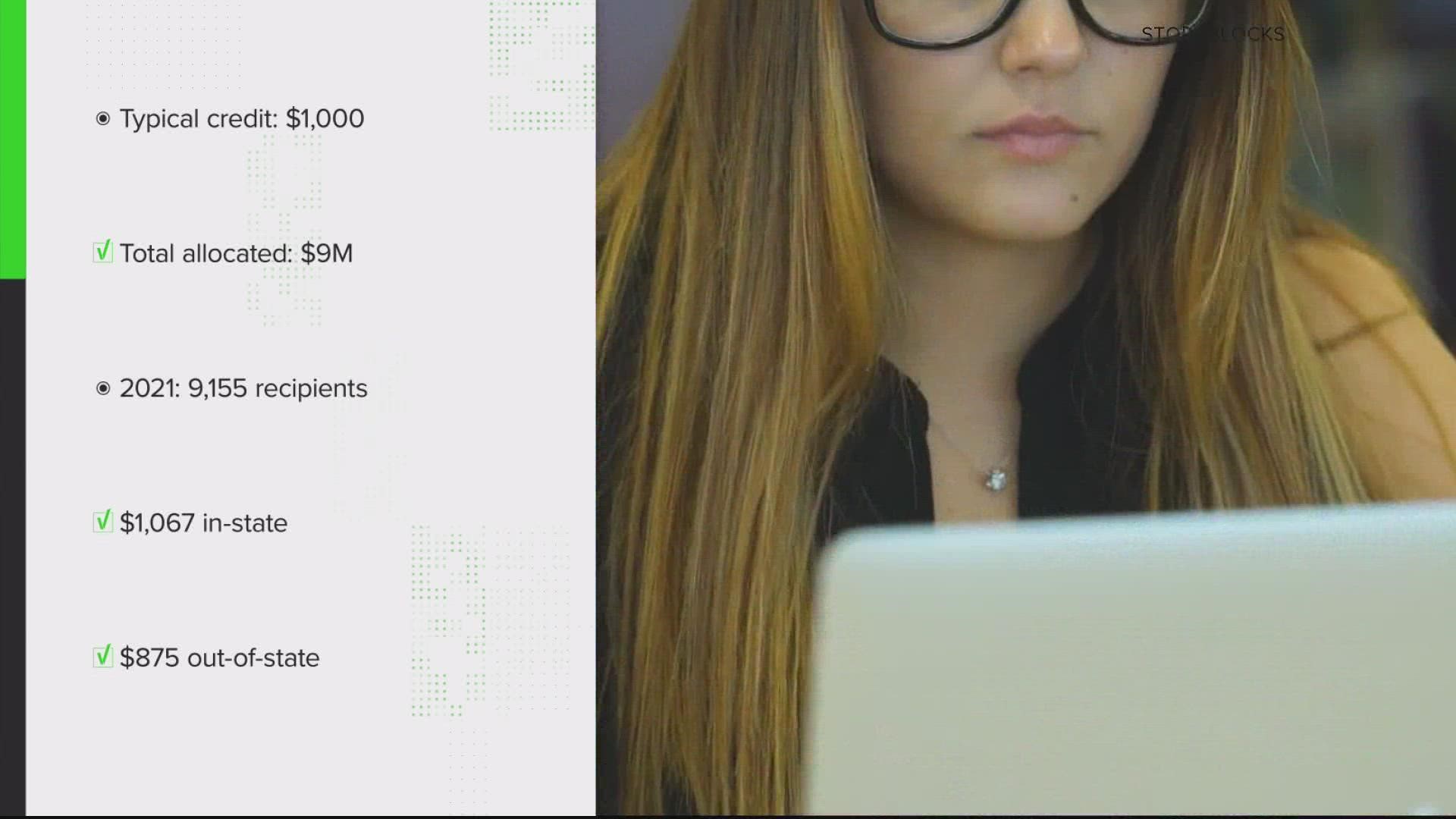WASHINGTON — Two years after the COVID-19 pandemic caused the Office of the State Superintendent of Education (OSSE) to place a pause on statewide assessment results, officials are taking a closer look at where students in D.C. stand on English language arts (ELA) and math.
And the results are not where officials would like them to be, but also aren't surprising. OSSE says the results confirm an anticipated academic decline in math and ELA.
"We knew that the pandemic had a significant impact on our students, particularly for students with the greatest need, and we have been diligently working with public and public charter schools across the District to ensure our students have all the supports they need not just to recover but prosper in school," said State Superintendent Dr. Christina Grant. "It was critical for us to return to in-person learning as soon as it was safe, and why we are making historic investments in our students and their academic recovery to ensure these numbers represent a new baseline from which the District will continue to recover."
According to a release from OSSE the results are from students who were in grades 3-8 and high school in spring 2022. The point of the testing is to help teachers and others in the community to understand where students are academically and assess how or where to help most efficiently.
The assessments include the Partnership for Assessment of Readiness for College and Careers (PARCC) and the Multi-State Alternate Assessment (MSAA).
The PARCC assessments measure students' performance in ELA and math. The test has five performance levels, with levels 4 and 5 indicating a student meets or exceeds expectations for their grade level. The number of students in grades 3-8 who scored at or above a level 4 dropped by eight percentage points in ELA and 10 percentage points in math. High school students who scored at or above a level 4 fell one percentage point in ELA and eight percentage points in math.
OSSE claim after more than a year of distance learning, students returned to the classrooms facing significant mental health and social-emotional challenges impacting their learning experiences and outcomes.
District officials are investing nearly $1 billion of federal stimulus funds to combat the lower assessment scores. The money will be used for the "recovery and restoration of the public education and childcare sectors."
OSSE will oversee the funds and support DC through Sept. 2024.
Click here to visit OSSE's Recovery & Restoration Investment web portal which highlights federal stimulus spending at the local education agency (LEA) level and spotlighting state investments across seven strategic focus areas.
Part of the funding will be used to provide high-impact tutoring and a number of other initiatives. According to OSSE, almost 2,200 students have already engaged in high-impact tutoring.
"Having a clearer picture of where our students need the most help will allow us to hyper-focus our efforts to keep our students and educators safe, support their wellbeing, and help them recover academically from the pandemic,” said State Superintendent Grant. “These results reinforce that in-person learning is best for most students, and we are grateful for the city’s shared commitment to opening schools and keeping them open for the 2021-22 school year while remaining committed to student and staff safety, as we know the losses would have been even greater otherwise.”
Schools will receive individual reports in September which will be distributed to families.
Click here for a list of resources from OSSE to help schools, parents and teachers understand the results.
To view the full report, visit the OSSE website.
We spoke with two school districts with two different takes on the metal detector debate.

